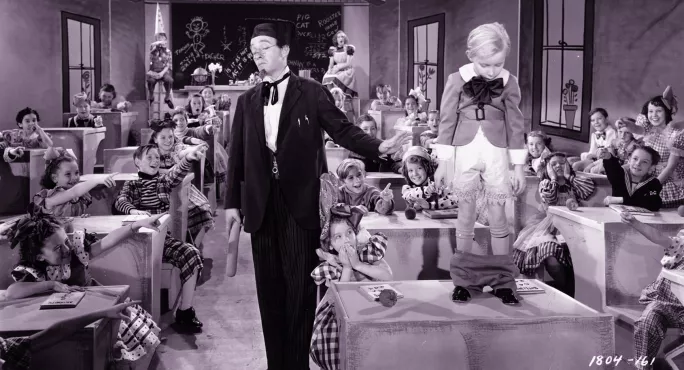Perhaps we shouldn’t admit it, but all teachers scan their new class lists, looking for the names of their schools’ infamous characters.
But what happens when you clap eyes on a name that is especially familiar? They’ve seen you drinking margaritas and singing along to Michael Bublé and no, that wasn’t during a special golden time for teachers
They’re your friend’s child. So, what do you do?
1. Be neutral
You are going to have to channel your inner Switzerland and do your best to treat your friend’s child like any other. Depending on your relationship with the young person (and their age), it might be useful for you, or their parent, to have a quick conversation with them about how they should interact with you in school. No calling you Auntie Bob and attempting to plait your hair, no talk of your penchant for Bublé - that sort of thing.
It goes without saying that you shouldn’t give them preferential treatment, as this will do them and your behaviour management no favours.
In your bid to be as fair as possible, it could be that you overcompensate, and take a firmer approach with your friend’s child. You might do this subconsciously, so take time to reflect.
2. Be truthful
We all tell the odd white lie from time to time: “No, your haircut isn’t a disaster - it’s nice to have a change.” When it comes to your friend’s pride and joy, take the same approach.
Be brutally honest when you need to be but don’t feel like you need to feed back every little misdemeanour. Their young person needs the space to make mistakes and learn from them, like we all do.
3. Set boundaries
Just as you set boundaries for your students, do the same with your friend. This means politely declining from shop talk outside of school hours; likewise, do not engage with texts and emails from your friend about their child unless it is within school time.
Whatever you do, don’t get drawn into playground politics and disclose any information about any of the other students.
4. Give it time
It will be strange at first, but like most things, eventually it will feel normal. When they reach the age of 8 or 9, most children become masters of separating school and home.
My mum would ask me every day what I had for lunch and every day I would say I had baked beans and a jacket potato, even when I hadn’t. I just didn’t feel it was any of her business. So don’t fret that your friend’s little one is going to be feeding back on your teaching abilities every evening. They won’t be.
5. Learn from it
It could be that you receive incidental feedback about the things that really worked, or didn’t work, which can inform your future planning. It could also be the case that if you are more self-aware of your teaching, due to the presence of your friend’s child, it may inform your practice in the long run.
Gemma Corby is a freelance writer and former special educational needs and disability coordinator




